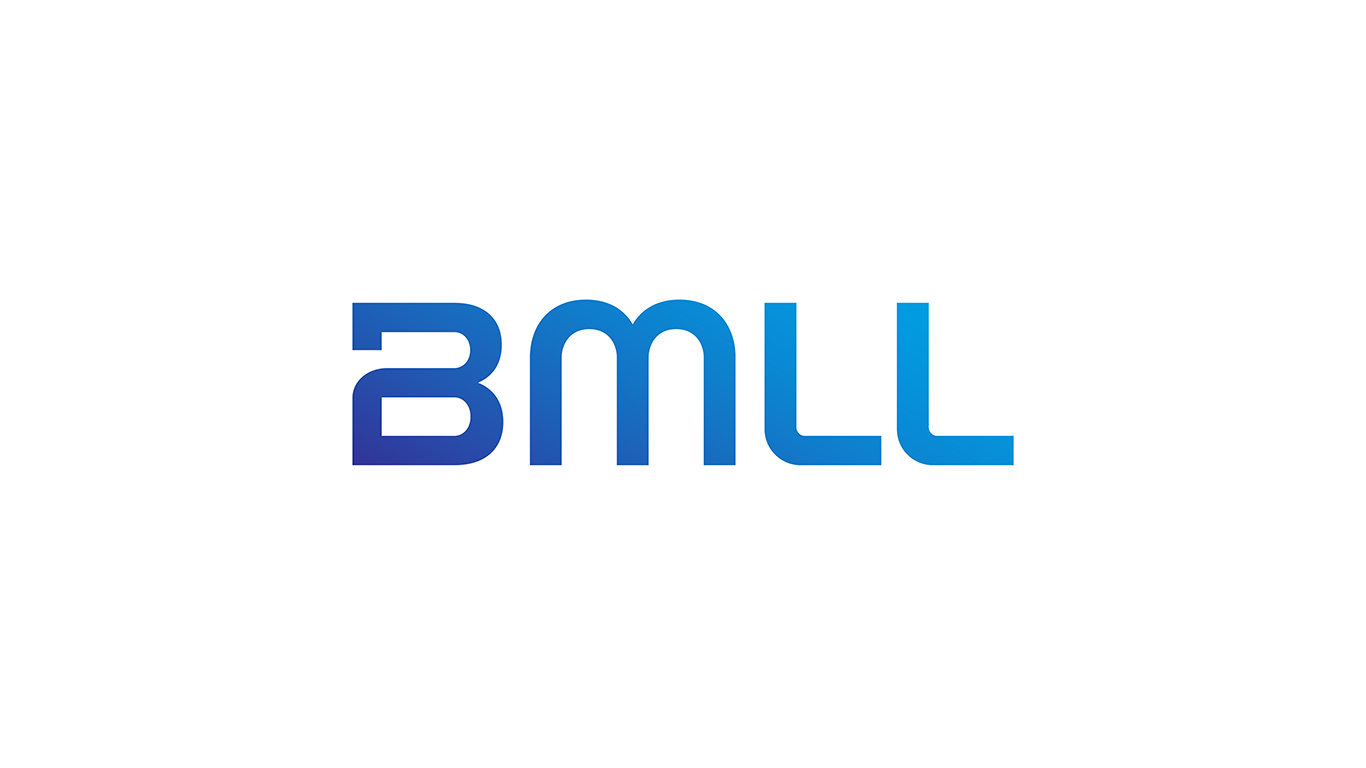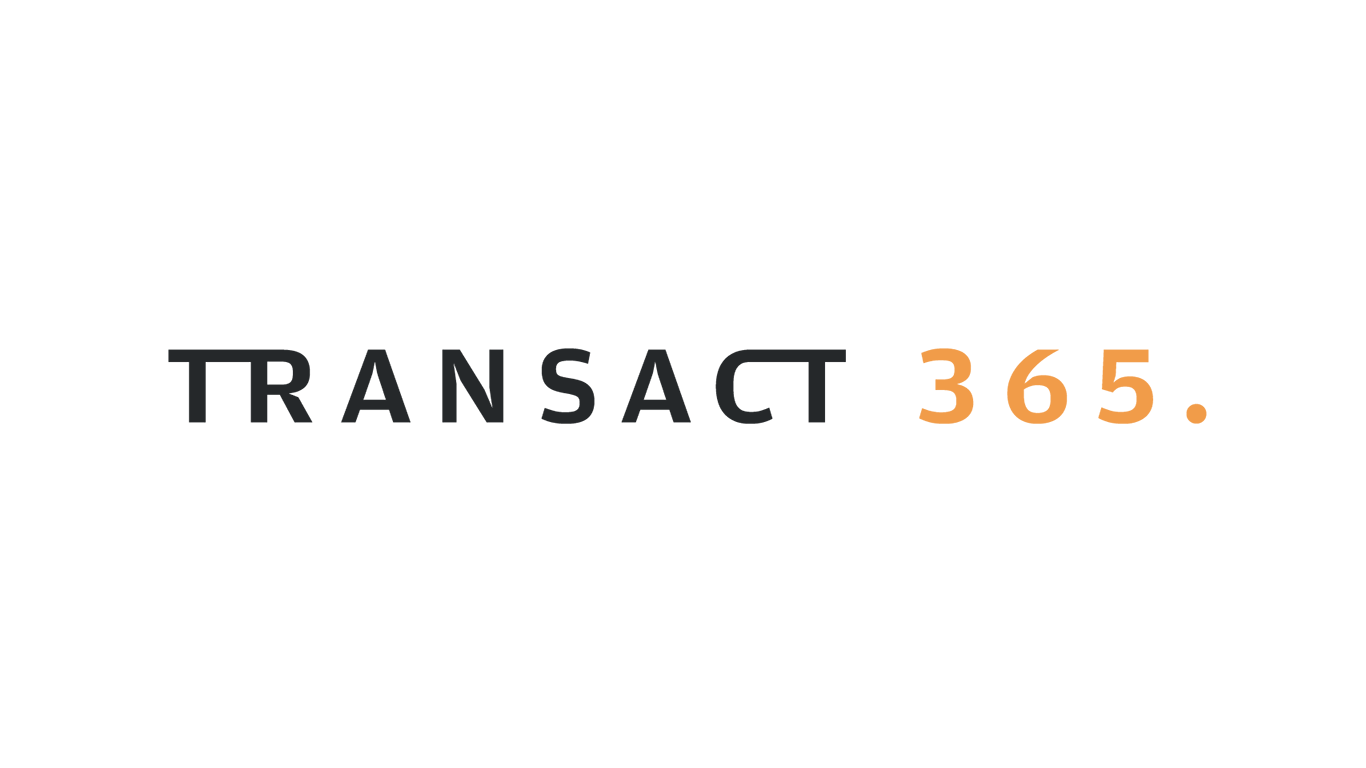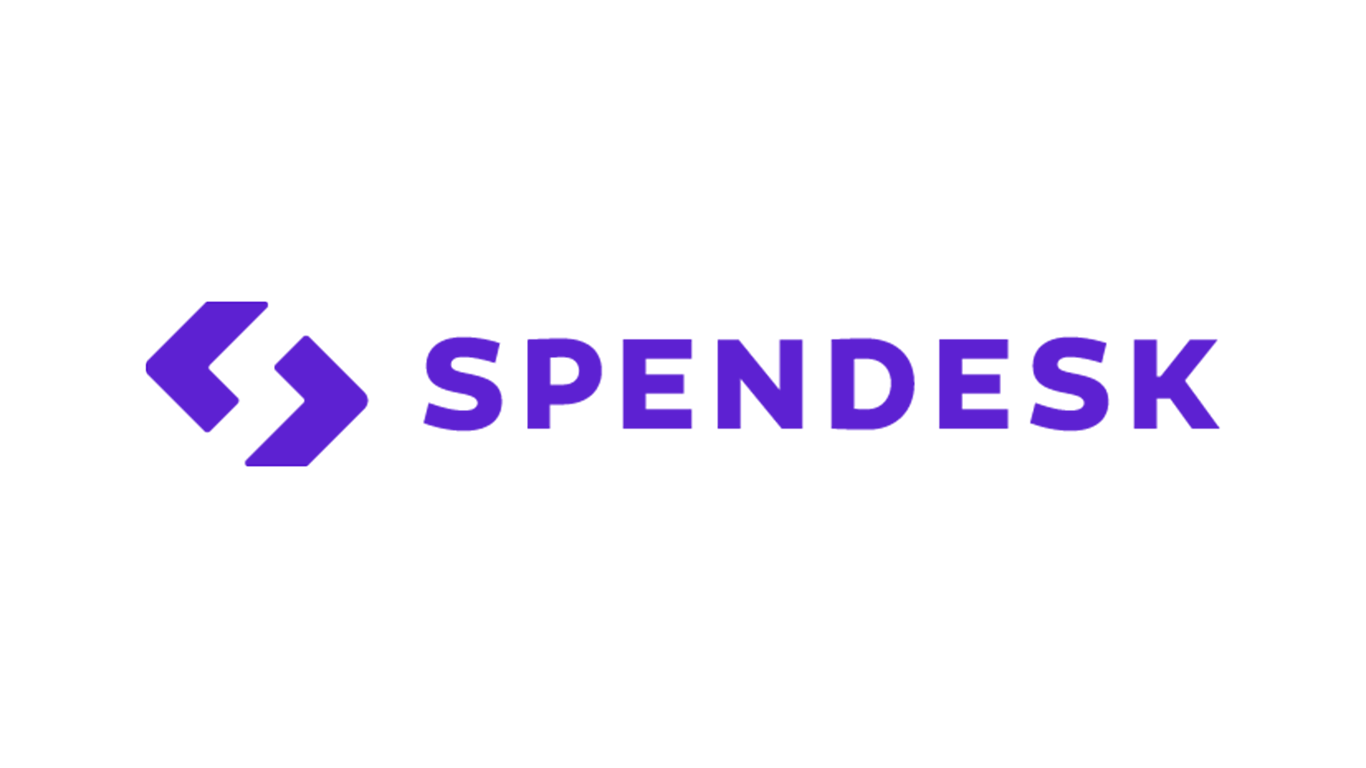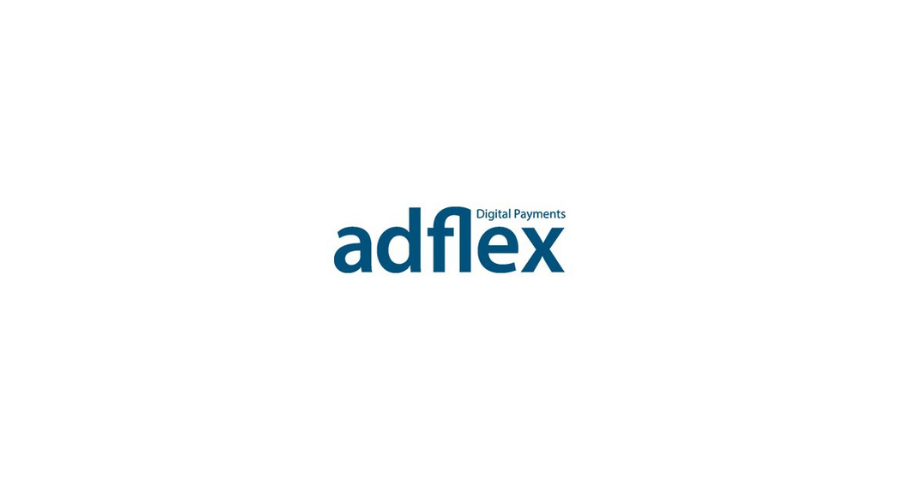Published
- 02:00 am

While traditional crypto exchanges allow users to engage in spot trading, futures exchanges focus on the future price movements of cryptocurrencies.
In this piece, we'll delve into the fundamental concepts of crypto exchanges and navigate through some of the top players in the market.
What Is a Cryptocurrency Exchange?
A cryptocurrency exchange is an online platform where users can buy, sell, and exchange various cryptocurrencies. Being a key element in the crypto ecosystem, these platforms also bridge fiat and digital currencies.
How Do Crypto Exchanges Make Money?
Crypto exchanges generate revenue through various channels, including trading fees, withdrawal fees, and listing fees for new cryptocurrencies. Understanding these revenue streams is crucial for traders to make informed decisions based on their trading frequency and preferences.
Top Crypto Exchanges Globally
In the realm of cryptocurrency exchanges, each platform offers distinctive features catering to the diverse needs of traders.
TradingView
TradingView stands out with its reputation for advanced charting tools, providing traders with unparalleled insights. Its user-friendly interface and vibrant community make it a go-to choice for those seeking a comprehensive and collaborative trading experience.
Kraken
Kraken distinguishes itself by offering a diverse array of cryptocurrencies coupled with advanced trading features. Notably, Kraken prioritizes security, employing measures such as cold storage to ensure the safety of user funds.
Coinbase
Coinbase is known for its user-friendly design and reliability. Beyond its intuitive platform, Coinbase provides a seamless onboarding process, making it an ideal choice for both beginners and seasoned traders. Its mobile app further enhances accessibility for traders on the move.
Bybit
For those delving into futures trading, Bybit takes the spotlight. Specializing in derivatives, Bybit offers an intuitive interface tailored for advanced trading, featuring perpetual contracts and a variety of advanced order types.
Best Crypto Exchange for Trading Derivatives
For those interested in crypto futures and derivatives trading, selecting the right platform is vital. TradingView leads the pack with its robust charting tools and user-friendly interface, providing an ideal environment for both beginners and experienced traders to navigate the complexities of futures trading.
Conclusion
Whether you are focused on spot trading, exploring futures and derivatives, or engaging in play-to-earn opportunities, there’s no lack of dedicated options. Evaluate your needs and capabilities, and pick a platform that aligns with them.
Related News
- 08:00 am

We are delighted to announce that BMLL has won ‘Outstanding Market Data Provider’ at The Trade ‘Leaders in Trading’ Editors’ Choice Awards 2023. The awards shine a light on the firms displaying excellence in data quality and accessibility, technological developments, new partnerships, and significant investment.
BMLL has had a significant growth journey over the last 12 months. In October 2022, BMLL raised Series B USD 26 million, led by Nasdaq Ventures, FactSet, and IQ Capital’s Growth Fund. In September 2023, Snowflake Ventures joined the Series B round while Snowflake entered into partnership with BMLL to make Level 3 data available globally, via Snowflake Marketplace.
The investment delivered geographic and team expansion as well as global data coverage.
In Q1 2023 BMLL appointed Rob Laible as Head of Americas, Jenny Chen as Head of Sales, Americas, and Tom Jardine as Customer-Facing Data Scientist. BMLL’s team has grown by 35% over the last 12 months, covering engineering, technology, sales, and marketing roles.
Client wins include Magma Capital Funds; Aquis Exchange; SIX Group; Jefferies; Berenberg; Bank of England; Financial Conduct Authority; NYU’s Quant Team; and Kepler Cheuvreux.
Data coverage expanded to include South Africa (JSE and A2X Markets); Aquis Exchange data for listed growth companies; APAC (CBOE Japan, Japannext; Singapore Exchange; Shenzhen Stock Exchange); Australia (ASX and Cboe Australia)
Paul Humphrey, CEO of BMLL, said: “We are delighted to have won the Editors’ Choice award for Outstanding Market Data Provider. Over the last year, the whole team has worked exceptionally hard to secure funding, acquire new data sets, make these available throughout our product suite, and expand our geographical presence to the US.
I’d like to thank our team for their unwavering dedication to client service and our investors and partners for backing our mission to democratize access to Level 3 data and analytics. Gaining industry recognition for our high-quality data and our data science capabilities is a great validation of our offering as we help institutions make sense of market behavior. The whole team is proud to have won this prestigious award.”
BMLL provides banks, brokers, asset managers, hedge funds, global exchange groups, academic institutions, and regulators with immediate and flexible access to Level 3, harmonized, T+1 order book data and advanced pre and post-trade analytics at scale, to help them understand market behavior.
Related News

Monica Eaton
CEO at Chargebacks911
Artificial Intelligence (AI) see more
- 01:00 am

- DuitNow - one of the most commonly used real-time payments networks in Malaysia.
- EBPay - used in China EB Coin is self-defined as the world's universal digital asset with a constant RMB exchange rate which can freely be exchanged for RMB.
- GCash – the number one downloaded wallet in the Philippines that enables customers to shop online and in-store while on the go.
- Maya – with over 50 million registered users, Maya is the second-largest e-wallet in the Philippines.
- QRIS – created by the Bank of Indonesia, Quick Response Code Indonesia Standard uses QR codes to facilitate cashless transactions for over 25 million merchants and over 30 million people.
- TrueMoney – providing services for over 30 million underbanked Southeast Asian markets, TrueMoney is a mobile wallet that allows customers to pay bills, top-up mobile phones, make money transfers and pay via barcodes at participating merchants.
- ViettelPay – one of the fastest growing fintech apps in Vietnam, the or offers mobile banking services, a digital banking platform, cash withdrawal from ATMs and domestic bank transfers.
- ZaloPay – a leading e-wallet for Vietnamese users providing an alternative payment method, crucial to e-commerce success.
“As a global facing fintech, we’re always looking for ways to further support merchants across the globe with payments,” said Liam Fernandez, Co-Founder and COO at Transact365. “With so much demand for digital and alternative payments as well as better interoperability in the Asian market, we’re thrilled to be able to provide further support and opportunity to any company working in or with the region.“Our ongoing mission remains the same - increasing the volume of transactions taking place on our platform, building our network of merchants and local partners in both established and emerging markets, all the while focusing on the details and driving down things such as our chargeback ratio to a record low.”
Related News
- 02:00 am

Ushering in a new era of financial efficiency, Jeeves, a global expense management and cross-border payments platform, in partnership with Bexs, the acclaimed bank specializing in FX and digital payments, proudly introduces Brazil’s first-ever fully digital self-service cross-border Business-to-Business (B2B) payment platform. This pioneering move eliminates the manual processes traditionally associated with sending money from Brazil to global destinations like the USA or Europe, offering businesses a seamless, swift, and transparent transaction experience.
Previously, Brazilian businesses had to grapple with the analog bureaucracy of FX contracts and the cumbersome process of invoice payments that extended for several business days, typically requiring multiple calls and emails with FX providers. Now, with Jeeves' trailblazing platform, these transactions are executed digitally within a mere 24 hours, ensuring full compliance with the Central Bank of Brazil's security standards and enabling your Finance team to focus on what matters.
The platform is integrated via API to Bex’s FX-as-a-Service solution, which enables international transactions to be conducted entirely digitally. With the world increasingly interconnected, businesses, from startups to conglomerates, have a growing need for swift international transactions, whether for technology, legal advice, marketing, or goods import.
According to Luiz Henrique Didier Jr., CEO of Bexs, the bank aims to expand and facilitate access for Brazilian companies to global goods and services. “Jeeves is a global fintech and an important partner for this new moment in the world of payments. We are using technology to offer the best to Brazilian companies, with digital solutions that ensure seamless transactions and optimize processes, while mitigating the bottlenecks that can impact the course of their activities,” he said.
Adding to the allure of this platform are competitive FX rates, which not only speed up fund transfers but also optimize margins on transactions.
“Brazil is a huge and promising market, and it is important for us to have a partner with knowledge of its unique characteristics,” said Dileep Thazhmon, CEO of Jeeves. “Our new solution is unique in terms of digital experience and will help Brazilian companies in their business deals by making the conversion from Brazilian real to other currencies quicker and easier, all in a single and completely secure platform.”
With this solution, Jeeves, which entered the Brazilian market in 2022, continues to serve startups and early-stage companies but also aims to target medium and large-sized companies in the country. The American fintech, which started its operations in Mexico, sees Brazil as a significant opportunity to expand its business in Latin America.
Related News
- 03:00 am

Analysis of the Bank of England’s data in Ebury’s quarterly SME Borrowing Tracker shows that debt repayments halved in Q3 2023 compared to the previous quarter but SMEs are continuing to pay down the significant debt pile accumulated through the pandemic.
SMEs have accelerated debt repayments amid the soaring cost of borrowing as interest rates have risen in the past two years, yet there are now signs that this is beginning to slow. SMEs repaid £3.5 billion in Q2 which had more than halved (53% decrease) compared to the £1.6 billion paid in Q3 albeit still representing a significant net repayment.
It means that the total amount outstanding has fallen by 13%, or £81 billion, from its peak of £646bn in Q1 2021 to £565bn in Q3 2023 with SMEs making net repayments of £7.3 billion over the first three quarters of 2023 alone. In stark contrast, net borrowing of £44 billion was accumulated in 2020 as businesses sought financial help to survive the unprecedented economic restrictions.
The majority of SME lending was provided through the government-backed Coronavirus Business Interruption Loan Scheme (CBILS) schemes, of which Ebury was an accredited lender. The Government’s own figures show that £25.9 billion was loaned out to around 100,000 firms under the CBILS scheme – under a third (30%) of CBILS facilities have been repaid.
That business support was launched amid a broader package of help including additional loans, the Bounce Back Loan Scheme, capital repayment holidays, extended overdrafts and, asset-based finance.
Phil Monkhouse, Head of Sales at Ebury, commented: “The pandemic forced many SMEs to borrow significantly to survive the unprecedented restrictions, and this is visibly reflected in the over £40 billion of net debt SMEs accumulated through 2020.
“While easing restrictions saw businesses throw open their doors to consumers, it also drove inflationary pressures and a consequent ratcheting up in interest rate levels. This increased the price of borrowing and left many businesses with high levels of debt exposed to increasing costs at the worst possible time.
“It is little surprise therefore that we saw SMEs accelerate net repayments as they look to rid themselves of expensive debt in order to thrive and survive in an uncertain economic environment. More recently, these payments have slowed and are perhaps a reflection that the interest rate hiking cycle appears either to be finished or nearing a conclusion.
“The total outstanding balance owed by SMEs is also starting to approach pre-pandemic levels which suggests that businesses may be happy with existing levels of borrowing despite the radically changed macro-economic environment.”
Related News
- 05:00 am

60% of British business leaders state that they don’t have an environmental, social, and corporate governance (ESG) strategy with key targets for their organization in place, a new survey of more than 6,600 senior executives has found.
With ESG an important responsibility for businesses to invest in, and a topic that is currently experiencing an increase in search volume, business software firm, Advanced, suggests that technology will pave the way for businesses to better manage these strategies and ESG objectives.
Insights from the company’s new survey support this, indicating that businesses are already starting to invest in technology to help manage their ESG priorities, with many showing great progress:
47% of business leaders are using cloud-based systems to support their organisation's ESG initiatives.
46% have invested in technology to help reduce waste as a business.
45% already use carbon footprint monitoring and/or impact measurement technology.
34% are utilizing technology for sustainable supplier management.
This implies that organisations do understand that they must have rigorous procedures for measuring, monitoring and reporting on their carbon footprint in place. With AI’s 2023 boom, it is interesting to note that while 42% of business leaders state that their organisations are investing in sustainability, 54% are investing in AI. These two could actually work hand-in-hand, with the possibility of AI, in itself, becoming a driver and enabler of lower emissions and reduced carbon footprint for businesses.
Simon Walsh, CEO of Advanced, explains how technology can be used for this purpose, “Powerful technologies including automation and AI can help organisations implement ESG procedures.
“Technology has already enabled remote and hybrid working, resulting in fewer commuter hours and reduced fuel consumption for work-related travel, and is helping domestic and business premises manage their energy use more efficiently. AI algorithms can enhance these technologies further, driving down use and cost, and helping reduce carbon emissions.”
It is only a matter of time before such procedures become mandated by the government. Sadly, this is also at the forefront of business leaders’ minds, with 62% of those surveyed claiming that their drive is to ensure they are compliant with the latest legislation, while only 47% say it is to make a positive impact on the community.
However, the report also shows that despite not having a clear strategy in place, 37% of business leaders are still prioritising ESG where possible. The top priorities currently being invested in include, educating staff and customers (54%), reviewing premises requirements (44%) and reviewing travel requirements (41%). Meanwhile, over a third are working on switching to a green energy provider (38%) and working with suppliers to reduce usage (37%).
Now in its eighth year, Advanced’s 2023/24 report canvassed insights from its largest ever sample size. Readers can download the full report from the company’s website.
Related News
- 02:00 am

Spendesk, the spend management solution for SMBs, is excited to announce its integration with TravelPerk, the leading global travel management platform.
The new collaboration simplifies the way businesses handle their corporate travel costs. Through this integration, companies can now book their business travel with TravelPerk and manage their travel expenses seamlessly within Spendesk, leading to improved time management, simplified processes, and better budget control.
Managing corporate travel expenses often involves hassle like repetitive approval processes, limited payment visibility, and the manual collection of receipts. The TravelPerk and Spendesk integration addresses these challenges and provides businesses with valuable insights, facilitating better decision-making and optimal resource allocation.
Additionally, business travelers can easily book trips and get their receipts automatically uploaded while on the go, reducing time and simplifying the process.
The integration's impact is already tangible for Spendesk and TravelPerk customers. The beta phase was built around extensive client reviews and feedback to give businesses what they need and to create a fully automated end-to-end process.
Key Features:
Streamlined Approval Workflow: The integration offers a simple, unified approval process, enhancing control and productivity.
Automated Receipt Collection: Manual receipt collection is eliminated, saving time and reducing errors for both travelers and businesses.
Practical Insights: Finance teams can access detailed cost breakdowns per trip, making decision-making more effective.
Kelly Jewison, Senior Director Strategic Partnerships at TravelPerk, says: “With TravelPerk being a leading travel management software in Europe, and Spendesk being a big player in spend management in Europe, it's only natural this integration had to be built. We are happy that our joint customers now have the smoothest travel spend management experience, and can spend time on things that really matter for their business instead of hunting down travel expense receipts.”
Stephane Baranzelli, VP Continental Europe at Spendesk, adds : "Spendesk and TravelPerk's integration is a big step forward in corporate spend management. It brings efficiency, accuracy, and transparency to managing travel expenses, making life so much easier for employees who book and travel often, but also for finance teams who get full visibility and control over travel spends.”
This integration is available now for Spendesk and TravelPerk customers.
Spendesk is also working on a feature to automatically link TravelPerk spending to Spendesk's cost centers and analytical fields, enhancing financial insights for finance teams by the end of the year.
Related News
- 09:00 am

Over eight in ten SME finance experts (83%) believe that high street banks are reducing their appetite to fund the UK’s 5.5m small and medium-sized businesses, according to iwoca’s latest Q3 2023 SME Expert Index.
The analysis shows that the drop in lending is set to worsen, with three-quarters of brokers (75%) predicting that high street banks will continue to reduce their access to working capital over the next twelve months.
Eight in ten brokers (82%) also predict that SME demand for capital will rise in the next six months, widening the financing gap business owners are already experiencing.
Negative perception of high street banks
As traditional routes for small business financing reduce and are unable to meet the needs of SMEs, more than half of brokers (51%) report a negative view of high street banks.
iwoca’s data reveals that this is the fourth consecutive quarter where more than eight in ten brokers have warned that the major banks have reduced their support to the UK’s small businesses.
Cash flow concerns as inflation persists
Data from brokers comes as the Office for National Statistics revealed that inflation remains stubborn at 6.7% in the year leading up to September.
Three in five SME financing experts (61%) say that SME demand for loans has been driven by the need to manage cash flow rather than to fund company growth – up a quarter in just three months.
This comes as iwoca’s latest figures show that six in ten (58%) believe the Prime Minister won’t meet his target to halve inflation by the end of the year.
Colin Goldstein, Commercial Growth Director at iwoca, said: “Sticky inflation means SMEs are focussed on short-term funding to help them through this period. Against this backdrop, high street banks are reducing their appetite to lend to the UK’s 5.5 million SMEs – so the funding gap is widening.
“This research demonstrates in the clearest possible terms that SME funding options are being stripped back – better suited lenders can and must step into the place of traditional banks. Small and medium-sized businesses need our vital financial support on the long road to economic recovery.”
Related News
- 07:00 am

Digital B2B payments specialist, Adflex, today announced the launch of STP 3.0, its unique virtual card reader technology, to enhance buyer-initiated B2B payments. It enables card numbers to automatically be read from within emails, so transactions can be processed with no additional input required from the supplier.
Buyers have long benefitted from automated user journeys enabled by virtual card providers, with suppliers typically left shouldering the burden of processing card payments manually. STP 3.0 removes cumbersome manual processes for suppliers, enabling payments to be processed via Adflex’s STP platform, whereby buyers instruct Adflex to execute a payment when an invoice is approved. At the end of the transaction, suppliers receive a branded remittance, notifying them that the payment is complete.
“STP finally levels the playing field of digital B2B payments by delivering the benefits of prompt, secure and pain-free transactions to both buyer and supplier,” said Adflex Head of Product, Pat Bermingham. “Through commercial cards, buyers can access working capital, and suppliers that accept card can achieve preferred status and access new revenue streams."
Adflex facilitates this further through its STP database, which allows businesses to search for partners that will accept and pay by card, finding potential matches whether they have a pre-existing relationship or not.
STP 3.0 also deploys a unique refund API module, allowing buyers to generate a refund request from their Enterprise Resource Planning (ERP) system, such as Oracle or SAP. This ends the widespread need for suppliers to retain virtual cards for long periods of time to manually process a refund. Adflex’s refund API can look up the original virtual card to process the refund, either at the full or partial amount for the purchase, to improve reconciliation without supplier interaction.
Bermingham added, “In partnership with an issuer, Adflex was the first European processor to execute a straight-through processing transaction, over ten years ago. Through these continued close collaborations with schemes, and issuing and acquiring banks over many years, we can also offer suppliers competitive merchant service rates that increase acceptance. We believe STP 3.0 redefines the virtual card process to improve efficiency and security, making B2B payments truly digital and scalable.”
For those that prefer manual processes, Adflex has also deployed an off-the-shelf STP portal, to give buyers full control of payments and remove PCI scope for the supplier. The portal can be quickly set up in just days, requiring no development work from either the buyer or supplier. Suppliers can use the portal to request payments, which are then settled in real-time by Adflex, once the buyer approves the invoice.









